
Purported militant groups claim responsibility for blast near Israeli embassy
Two previously unknown militant groups have claimed responsibility for an IED attack near the Israeli embassy in New Delhi, India on Friday.

Two previously unknown militant groups have claimed responsibility for an IED attack near the Israeli embassy in New Delhi, India on Friday.
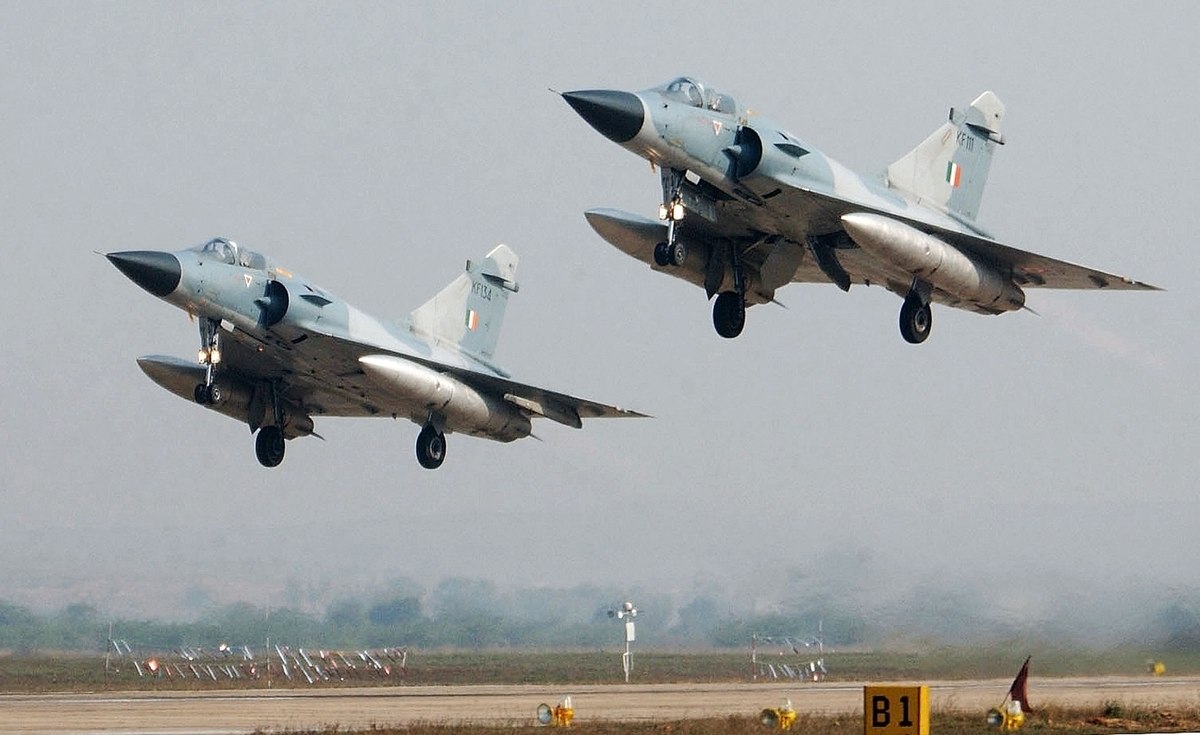
In retaliation for a suicide attack in Kashmir, the Indian Air Force launched a raid against a JeM camp in Balakot inside Pakistan, killing scores of jihadists. The Pakistani government is denying the raid took place.
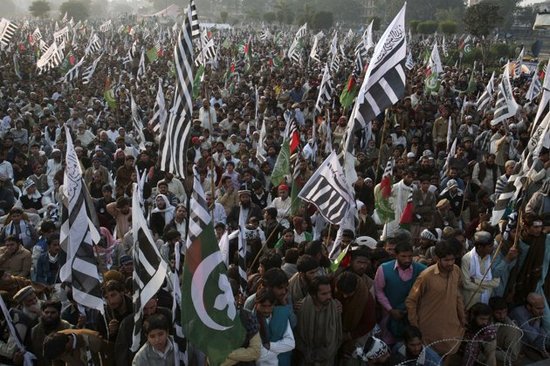
Khan’s claim that “our [Pakistani] soil is not used for carrying out terrorist attacks in other countries” is remarkably similar, if not identical to the Afghan Taliban’s false assurances that it won’t allow its territory to be used by terror groups.
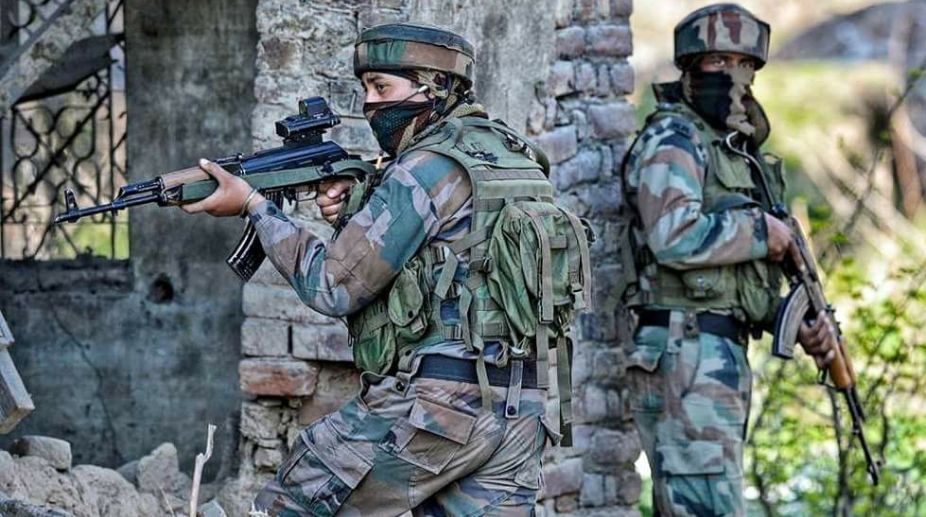
Indian security forces launched a decisive counter-terror operation yesterday in the Kashmiri districts of Shopian and Anantnag resulting in the deaths of at least 13 terrorists, three Indian security forces, and four civilians.
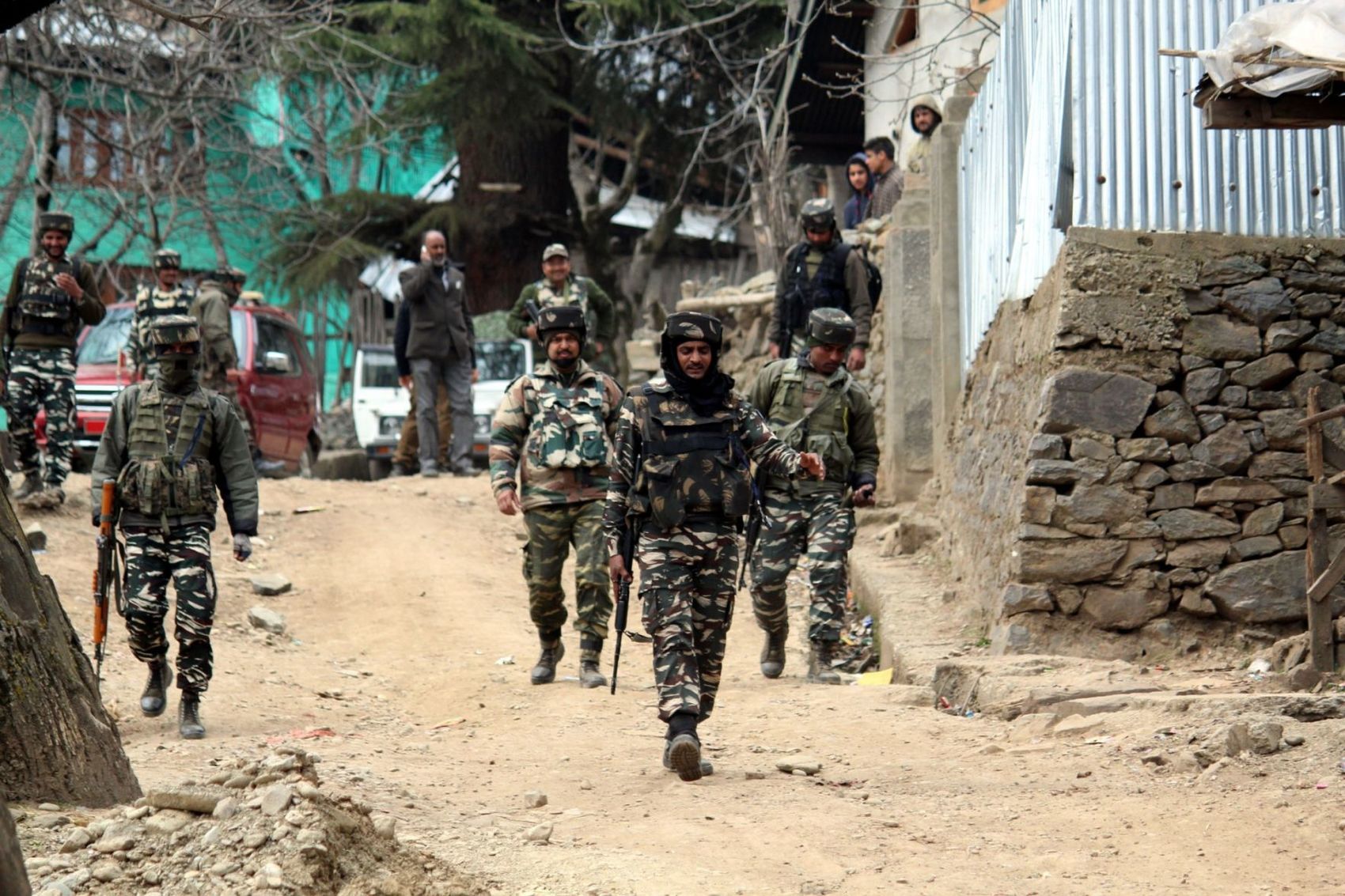
Pakistan continues to fuel the terrorist insurgency inside Jammu and Kashmir by backing Lashkar-e-Taiba and other proxies.
“Pakistan’s resolve, actions and successes in the fight against terrorism, terrorist violence and terrorists is unmatched in the world,” the Ministry of Foreign Affairs said the day after Lashkar-e-Taiba leader Hafiz Saeed was freed from house arrest.

The commander, who went by the alias Abu “Khalid,” or Shahid Showkat, was highly sought by Indian security forces for his role in orchestrating attacks targeting Indian military positions and personnel.
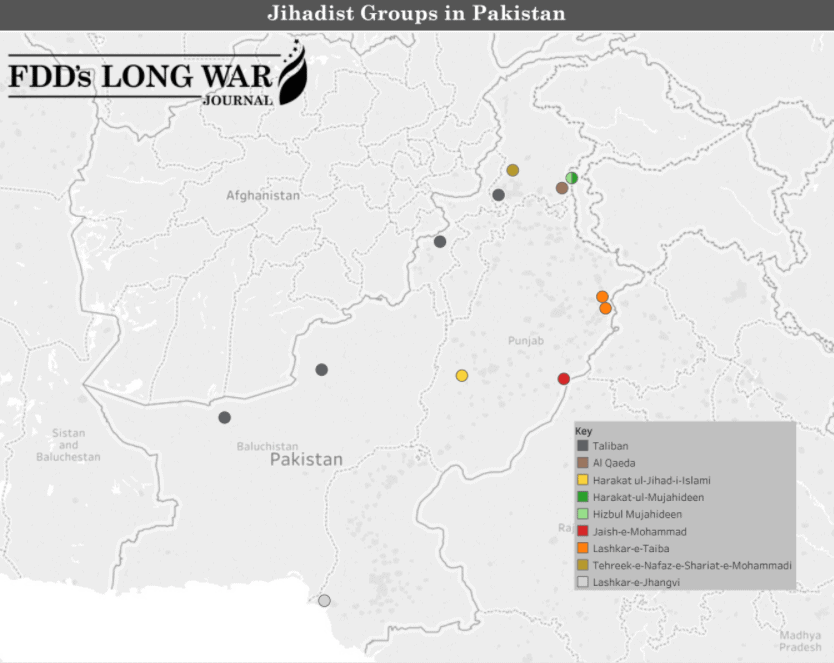
The blow comes just two weeks after President Trump called out Pakistan for providing “safe haven” for terrorist groups operating in the region and advocated for closer ties with India.

Pakistan’s denial of harboring terrorist groups that conduct attacks outside of its borders falls flat on its face when looking at Lashkar-e-Taiba, which not only supports al Qaeda and the Taliban, but has executed numerous attacks inside of Pakistan’s neighbor and enemy, India, as well as in Afghanistan.

Al Qaeda in the Indian Subcontinent (AQIS) has released a 20-page code of conduct outlining its approach to waging jihad throughout the region. The group says its men are currently fighting “shoulder-to-shoulder” with the Taliban and calls on Muslims in the surrounding countries to pledge allegiance to the Islamic Emirate of Afghanistan (another name for the Taliban).
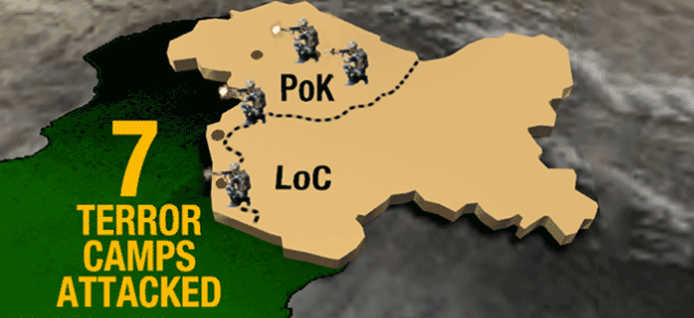
India said it killed “up to 38 terrorists and Pakistani soldiers” in cross-border strikes against seven different targets in Pakistan-occupied Kashmir. India claimed it recorded the raids via drones. Pakistan denied Indian troops entered its territory.
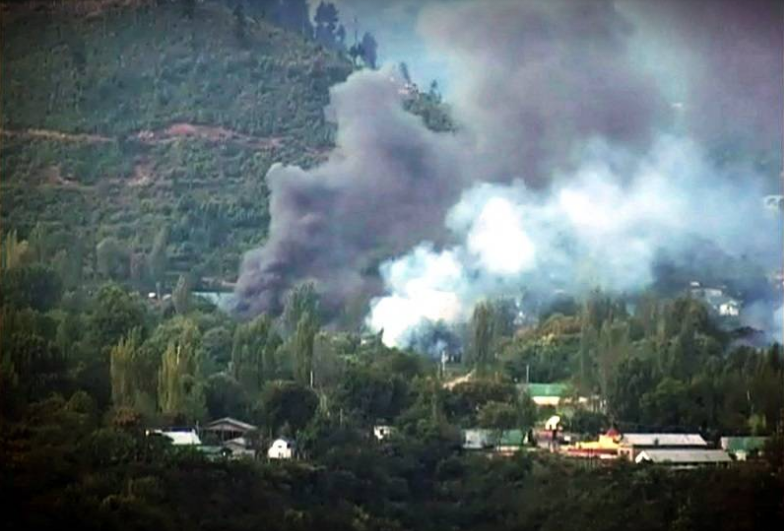
Jihadists killed 17 Indian troops and wounded dozens more in a suicide assault on a military base in Jammu and Kashmir. Jaish-e-Mohammed is thought to have carried out a similar attack on an Indian air base in January.

Pakistan called the killing of Burhan Wani by Indian troops “deplorable and condemnable,” despite the fact that he was a known terrorist recruiter and military commander. This condemnation highlights Pakistan’s support for terrorist groups throughout the region.

The US government and intelligence services have consistently underestimated the strength of AQIS, which is an official branch of al Qaeda that is based in Afghanistan, Pakistan, India, and Bangladesh.

Masood Azhar, the Jaish-e-Mohammed emir, has been placed under house arrest and in protective custody at least three other times in the past.

The assault on the airbase is thought to have been executed by Jaish-e-Mohammed, a Pakistan-based jihadist group with close ties to al Qaeda. Jihadists reportedly said they were going to avenge a Jaish-e-Mohammed operative who was executed for his role in the 2001 assault on India’s Parliament.
Mumbai plotter Lakhvi living comfortable ‘detention’ life in jail
ISI cultivated Taliban to counter Indian action against Pakistan: Musharraf
US-returned techie held in India for planning to join ISIS
After a request from the antiterrorism squad in Mumbai, the government ordered that 32 websites be blocked for carrying Islamic State content that is “anti-India.” The Army estimated that some 160 terrorists are planning to infiltrate into Jammu & Kashmir.
Suspect in 2008 Mumbai Attacks Is Held in Pakistan on New Charge
Pakistani court orders conditional release of Mumbai attacks mastermind
An improvised explosive device filled with shrapnel detonated in downtown Bengaluru (formerly Bangalore), killing a woman and wounding three other people. Authorities stepped up security in Delhi, Kolkata, Pune, and Mumbai. India banned the Islamic State on Dec. 16, three days after arresting Mehdi Masoor Biswas in Bengaluru for running a prominent Islamic State website.
Pakistan Grants Bail to Key Suspect in 2008 Mumbai Attacks
Home Minister Singh announced that the government has banned the Islamic State terrorist group. Police are investigating the likelihood that Mehdi Masroor Biswas, who was arrested for running a prominent pro-ISIS Twitter account, has links to Islamic State operatives. The Intelligence Bureau warned of the possibility of lone-wolf terrorist attacks.
Police in Bangalore arrested Mehdi Masroor Biswas, 24, who is accused of operating a prominent pro-Islamic State Twitter account. A senior counterterrorism officer has said that the number of Indian jihadists who have gone abroad to fight is growing.
Militants Strike in Kashmir as Elections Approach
Indian ISIS recruit goes home after having to clean toilets: reports
World Leaders at Asian Meetings Warn on Middle East Extremism
Jamaat-ul-Ahrar announced that a fighter known as Hanifullah executed the deadly suicide attack on Nov. 2 at the Wagah border crossing.